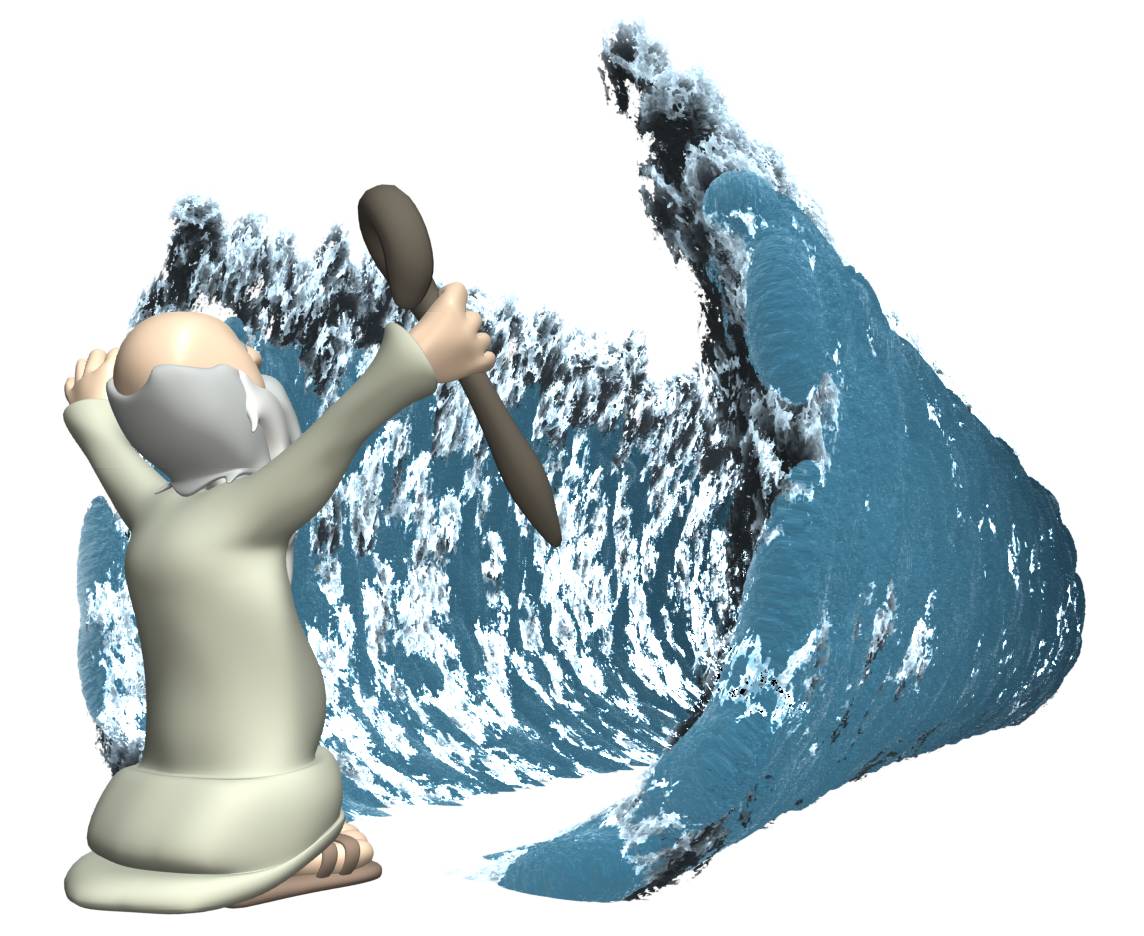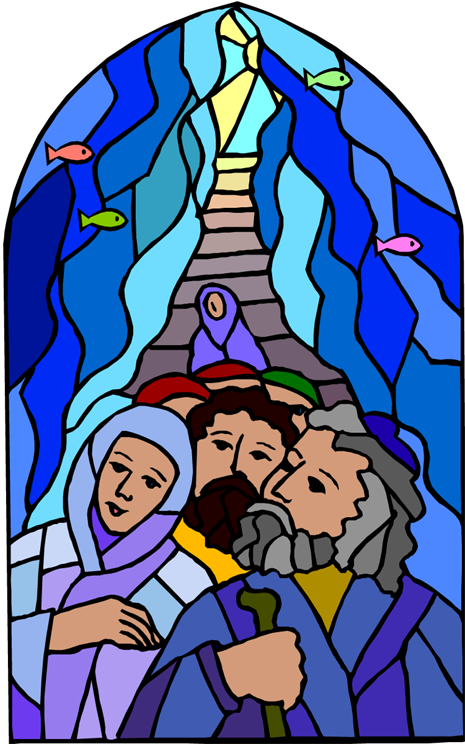Exodus 14:19, Angel [or Messenger] of YHVH. This is the preincarnate Yeshua—the Messenger or Word of Elohim before he was made flesh (John 1:1, 14).
Went behind them. Fire does two things: It both destroys and purifies substances depending on the durability of their composition. It consumes that which is flammable (e.g. wood, hay and stubble) and refines or purifies that which is inflammable (e.g. gold, silver and precious stones; 1 Cor 3:12–15). To those people whose lives are characterized by wood, hay and stubble, fire is a threat and terror; to those whose lives are gold, silver and precious stones, fire is welcomed, since they have nothing to fear; it will only make them better, not destroy them. Moreover, fire creates light. To those whose lives are characterized by light (truth and righteousness), fire is a positive thing, since it exposes sin and gives them light by which to go forward spiritually. To those people who are of the darkness (i.e. the world, the flesh and the devil), as was Pharaoh and Egypt, and who love sin and hate Elohim and his righteousness (John 3:19–20), fire and light are feared because it will not only expose their evil deeds, but will consume them in judgment. Therefore, the fiery flame that separated the Israelites from the Egyptians was a good thing and a blessing for the former and a bad thing and a curse for the latter. In fact, in Exod 15:7 in poetic terms the Egyptians are likened to stubble that YHVH destroys in his wrathful judgment. This same thing will occur again on a global scale when the earth is burned with fire and the wicked become ashes under the sole’s of the feet (Mal 4:3) of the righteous after the white throne judgment (Rev 20:11–15).
The Red Sea. The Israelites went through the midst of the Red Sea. Like the killing of the Passover lamb and the painting of his blood on the door posts, the Continue reading





